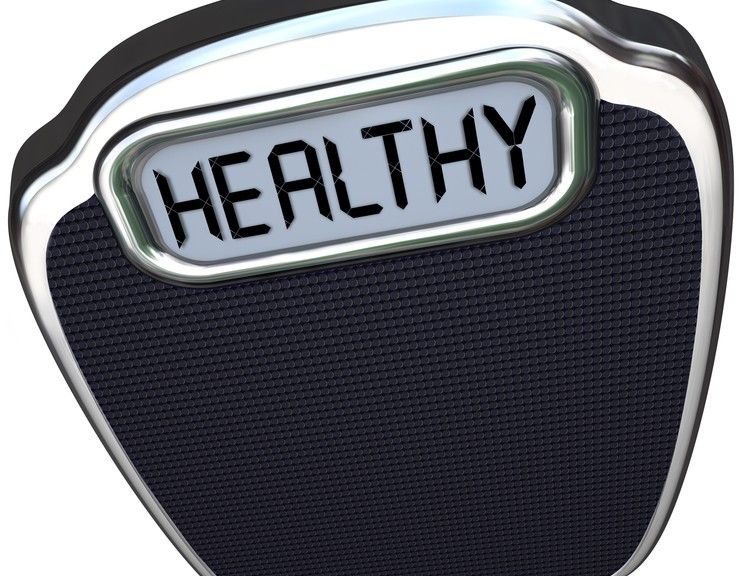
Previous
The Catch-22 of Chronic Liver Disease

Next
Limes Are Sublime for Liver Health
Chew on This: Why a Healthy Weight Helps the Liver
The new snacking solution for a healthier weight, a healthier liver and a healthier you.
Living with a compromised liver requires prioritizing your lifestyle to stay healthy and ward off worsening illness. Avoiding alcohol, reducing toxin exposure and supplementing with milk thistle are high on the list of selections to support liver wellness, but maintaining a healthy weight is just as important. Because losing excessive weight has been touted as a solution to nearly every modern ailment, its value to those with liver problems may be underestimated.
Obesity or excessive weight (especially in the abdominal area) is one of the largest culprits of liver stress. Unfortunately, liver stress can cause and exacerbate liver injury.
The Powerful Liver
The liver is our greatest multitasking organ. It:
- processes everything we eat, drink, breathe and absorb.
- manufactures many essential hormones, fats and proteins.
- stores energy.
- cleans the blood.
- produces bile to aid digestion in breaking down fat.
Because injury to the liver impacts all of these vital functions – and those who already have a compromised liver are most vulnerable – individuals with liver disease must minimize anything that puts additional stresses or burdens on the liver.
Excessive Weight and the Liver
People naturally vary in the amount of weight gain they can tolerate before it causes liver stress. In many cases, gaining or carrying excessive weight leads to becoming resistant to insulin and may lead to Type 2 diabetes.
Insulin resistance impacts the liver in several ways:
- Once an individual’s threshold of weight gain and inactivity is exceeded, the pancreas can’t produce enough insulin to keep the levels of blood sugar and blood fat under control.
- The liver helps to process and regulate the amount of sugar and fat in the blood; however, an overwhelmed liver stores excess fat in its own liver cells.
- A liver that is already affected by a chronic condition may not be able to produce or deliver sufficient quantities of bile – the secretion that breaks down fat.
Fat in the liver is a major stressor. Fat causes inflammation that can damage or destroy liver cells. If the cycle of fat initiating inflammation continues, it can lead to cirrhosis – permanent scarring of the liver. In and of itself, excessive fat in the liver is a problem impacting an estimated one-third of American adults – but excessive fat in someone already managing a compromised liver can be even more harmful.
Keeping Trim for Liver Health
There is no doubt that maintaining a healthy weight is ideal when managing liver disease, but there is no simple prescription to achieve that goal. Some might seek out fad diets to help shed excessive pounds; unfortunately, any results seen from a fad diet are temporary.
Others are lucky enough to find lasting success with a commitment to physical activity. Although, equalizing the amount of calories going in with the amount of calories expended is the only lasting, winning strategy for weight control. This equalization boils down to two concepts that are hardly new:
- Eat right.
- Keep active.
Eating right is easy for some, challenging for others. The basics include:
- + consuming lean types of protein
- + cutting down on simple carbohydrates
- + opting for high fiber, complex carbohydrates
- + eating plenty of fruits and vegetables
- – avoiding fried, processed or fatty foods
- – skipping sugary sweets
- – minimizing mindless snacking
A Snacking Solution
Whether due to hunger, not having ample time to prepare healthy meals, or automatically defaulting to unhealthy comfort foods, many of us struggle with the basics of eating right. Even when these guidelines for meals are followed, being hungry between meals poses a major threat to keeping trim. Snacking, or eating between meals, seems to be one of the biggest obstacles to losing or maintaining weight.
Eating right is much easier when you feel full and food cravings are reduced. Finding an ideal snack solution is crucial for those in-between meal cravings.
Fat (especially around the abdomen) is an inflammation instigator. Thus, being overweight puts the liver in a precarious situation. Achieving a healthy weight is a crucial part of supporting the liver’s health, and eating right and keeping active are the best ways to keep trim.
Since keeping up with a weight loss plan is not always easy, finding healthy and beneficial strategies to stay the course are welcome.
https://healthplans.providence.org/fittogether/find-your-fit/physical-activity/find-your-healthy-weight/obesity-and-liver-damage/, Can obesity cause the same kind of liver damage as alcohol abuse?, Mark Thompson, MD, Retrieved January 24, 2015, Providence Health Plan, 2015.
http://www.active.com/nutrition/articles/5-liver-health-tips-for-weight-loss-875431, 5 Liver Health Tips for Weight Loss, Vanessa Rodriguez, RHN, Retrieved January 18, 2015, Active Network, LLC, 2015.
http://www.everydayhealth.com/health-report/hepatitis-c-living-well/protect-liver.aspx, 8 Steps to Protect Your Liver with Hepatitis C, Jennifer Warner, Retrieved January 18, 2015, Everyday Health Media, LLC, 2015.
http://www.health.harvard.edu/newsletters/Harvard_Health_Letter/2011/January/when-the-liver-gets-fatty, When the Liver Gets Fatty, Retrieved January 18, 2015, Harvard University 2015.
http://www.lunabar.com/products/luna-bar/lemonzest#ingredients, Luna Bar: LemonZest, Retrieved January 25, 2015, Clif Bar & Company, 2015.







I’ve been overweight all my life and tried so many things. Different things work for different people and I was lucky enough to find one that worked for me. I lost 23 pounds in one month without any exercise and it’s been a life changer. I’m a little embarrased to post my before and after photos here but if anyone actually cares to hear what I’ve been doing then I’d be happy to help in any way. Just shoot me an email at oceanflowers82@gmail.com and I’ll show you my before and after photos, and tell you about how things are going for me with the stuff I’ve tried. I wish someone would have helped me out when I was struggling to find a solution so if I can help you then it would make my day